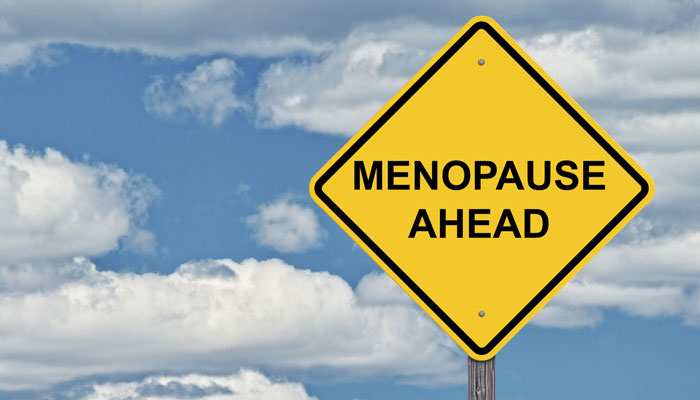
How to Know if You’re Entering Menopause
The idea of menopause brings to mind many different images and realities for women. Some experience hot flashes and mood swings, while other women seem to pass through this transition symptom-free. Estrogen and progesterone, the female sex hormones, fluctuate and affect every woman’s body in different ways. Some women begin to have symptoms during perimenopause. Though the signs and symptoms may vary from woman to woman, knowing what to expect can help ease the transition.
What is Menopause?
Menopause occurs when a woman stops having her period. In the years before menstruation stops, women go through a period called perimenopause. Most of the symptoms commonly attributed to menopause happen during this phase.
Estrogen and progesterone regulate a woman’s menstrual cycle and influence systems throughout the body. Estrogen affects more than just the reproductive system. Hormone changes can impact the urinary tract, heart, blood vessels, bones, breasts, skin, hair, and other body mechanisms.
Most women experience menopause between the ages of 40 and 58, and the average age is about 51. These are just ranges, but women often experience menopause around the same age as other females in their families (though this is not always the case).
Symptoms of Menopause
Menstrual cycle irregularities. You may bleed heavily one month and only spot the next. You might go for months without having a period at all, then go back to regular monthly periods for a year. If you miss a period, be sure to rule out pregnancy.
Hot flashes. Many women feel a surge of heat either all over their bodies or concentrated in a specific area. Your face may flush and you may sweat. Hot flashes wake some women from sleep and can last from just seconds to longer than 10 minutes. Most women experience hot flashes during menopause, but they should become gradually less intense after the last menstrual period.
Vaginal dryness. When your body produces less estrogen and progesterone, it reduces vaginal lubrication. If vaginal dryness makes intercourse uncomfortable, use a vaginal moisturizer or lubricant.
Trouble sleeping. During menopause, some women have trouble falling or staying asleep. Try keeping a regular sleep schedule and avoiding alcohol, caffeine, and any other food or drink that might keep you awake.
Frequent urination or incontinence. As vaginal tissue becomes less elastic, some women have less control of their bladders. If the issue persists, talk with your doctor about possible treatments.
Urinary tract infections. Lowered estrogen levels affect urinary tract health, which may cause more frequent urinary tract infections.
Decreased libido. Reduced estrogen can lead to reduced interest in sex.
Depression and mood swings. Some women feel irritable, depressed, and moody. Remember that feelings caused by changes in hormone levels are a normal part of menopause.
Changes in skin and hair can make hair feel thinner and drier. Your skin also loses collagen and fatty tissue. Moisturize and avoid harsh chemicals to prevent further damage.
During menopause, it’s important to schedule regular visits with your doctor. Any time your symptoms cause a problem in your daily life, make an appointment to talk your women’s health care provider. Women’s Medical Associates of Nashville partners with you to provide care to keep you healthy for the years to come. Contact us today to schedule an appointment.
